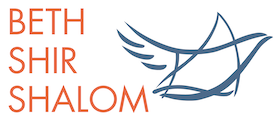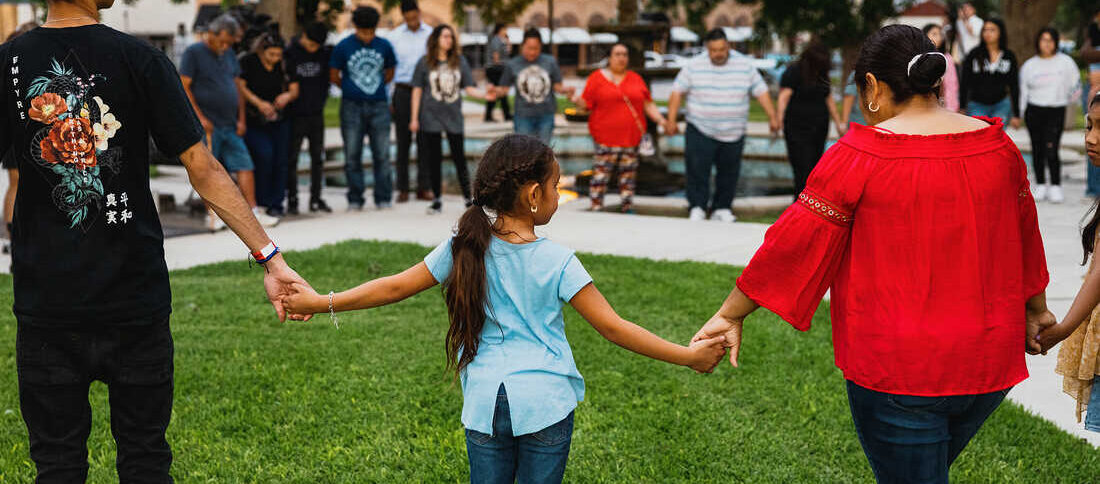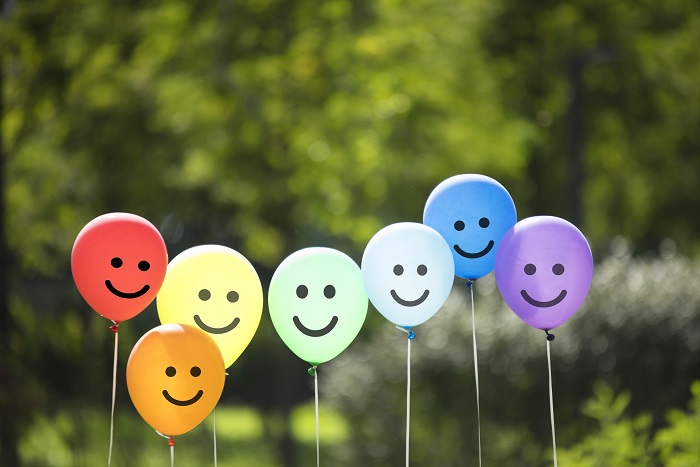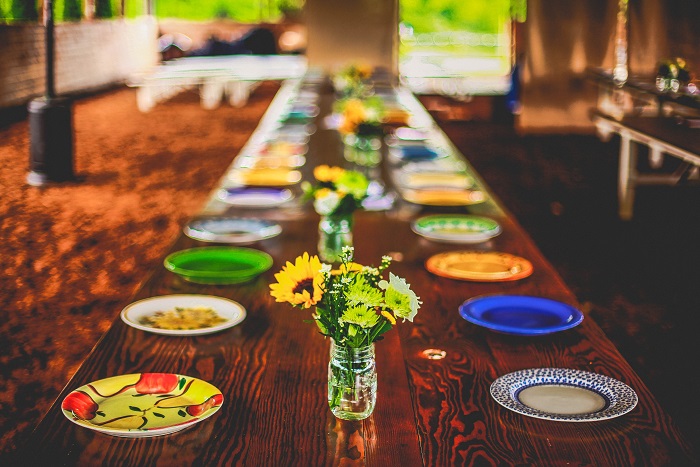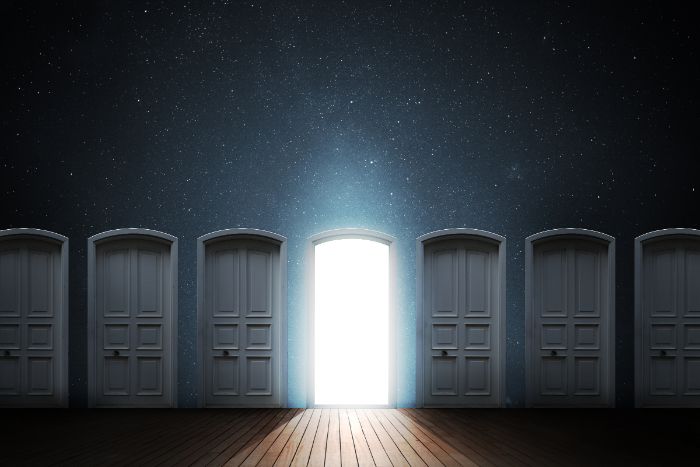On Israel - Shabbat Words 10/13 - Rabbi Alex Kress
Opening Words
Shabbat shalom, l’kulam.
Welcome family and friends. We gather tonight in a moment of darkness, in a moment of tragedy, in a moment of devastation, in a moment when the medieval poet Yehuda HaLevi’s words come to mind: Libi bamizrach v’anochi b’sof hama’arav – My heart is in the east, but I am in the uttermost west.
We are gutted, we are angry, we are hurt, we are confused, we are pained, we feel helpless, we cannot pull ourselves from our phones, we are mourning for more people every day, we are drained, exhausted. We gather tonight to process that, to cry, to pray, to mourn, to hold each other, to find moments of peace and tranquility, to turn off our phones and just be for a sliver of time with no demands on us except being present.
But perhaps more than anything, we gather with Jews across the world tonight, to defy the terror of this week with the holiness of Shabbat. Jewish joy, if we can muster it, is the greatest defiance of hatred and antisemitism possible.
Tonight, we move through liturgy that refills our empty reservoirs, gives us strength, grounds us in ritual, reminds us of our connectedness, gives voice to our deepest yearnings, and…at the end of our service, yes, we will lift our voices up in joy, in the joy of Shabbat, in the joy of song, in the joy of singing together, in the joy of being together, in the joy of being proudly Jewish, in the joy of the Jew.
But we aren’t there yet…we will get there.
We begin with words from Psalms: Ozi V’Zimrat Yah Va Yehi Li Li’shua – Yah/God is my strength and might, and will be my deliverance.
Before Psalm 29 – Rabbi Galit & Kodesh v’Chol
When I was in Israel in February, I spent Shabbat in a small heimish community like ours in Holon, just outside Tel Aviv. It’s not official, but I think of them as a sister-synagogue of Beth Shir Shalom. My friend there, Rabbi Galit Cohen-Kedem, had arranged for her Reform community to host us for services and then had arranged for families to take us to their homes for home-cooked meals. I went to the Tenenboim house; they had three kids, close in age to mine. We laughed, we connected through my elementary Hebrew and their broken English. We played games, some of whose rules I did not understand. Their friends and family came in and out of their warm little home throughout the night. My colleague and I totally missed the bus back to the hotel because in the blink of an eye, our dinner had turned to a multi-hour, middle-of-the-night affair of Jewish joy. I was at complete peace.
It is hard to comprehend what they are going through today, to understand the trauma this beautiful family, their beautiful kids, the beautiful community of Kodesh v’Chol, all of Israel has just endured. On our planned trip to Israel in June, which I hold out hope will happen, our first stop was to Kodesh v’Chol to celebrate Shabbat with them. But the world is different than it was a few days ago. As Rabbi Galit wrote this morning, “Six days feel like six months.” You’ll find the rest of her note on the last page of the handout.
In her first message Saturday night, she asked us to pray Psalm 29:
יְֽהוָ֗ה עֹ֭ז לְעַמּ֣וֹ יִתֵּ֑ן, יְהוָ֓ה יְבָרֵ֖ךְ אֶת־עַמּ֣וֹ בַשָּׁלֽוֹם׃
May Adonai grant strength to God’s people; May Adonai bless God’s people with Shalom.
And so we will, with a beautiful tune from Nava Tehila, our friends in Jerusalem.
B’reishit Drash
Exactly one week ago, we gathered to celebrate, to rejoice, to dance with our Torahs, to parade down to Wilshire proudly as Jews with our holy scrolls in hand, to unroll the entire Torah, to read the last words of D’varim/Deuteronomy and the very first of B’reishit/Genesis, to embrace our newest children into our community by enveloping them in Torah.
What we did not know, was that as we danced and sang and chanted and rejoiced and celebrated one of the happiest moments on the Jewish calendar, Hamas was already getting in place to carry out the deadliest pogrom against Jews since the Holocaust. The Jewish world awoke on Shabbat morning – a morning of peace – to anything but. The barbarity of the murders, the rising death toll, the surprise attack on another Holy Day of Tishrei 50 years after Israel was attacked on Yom Kippur: there are no words.
As we celebrated Simchat Torah last week, we began reading this week’s Torah portion, B’reishit:
בְּרֵאשִׁית בָּרָא אֱלֹהִים אֵת הַשָּׁמַיִם וְאֵת הָאָרֶץ. א:ב וְהָאָרֶץ הָיְתָה תֹהוּ וָבֹהוּ
When God began to create heaven and earth—the earth was Confusion and Chaos, without form and void.
Little did we know that our world would be plunged back into Tohu Va’vohu-Confusion and Chaos in mere hours.
Our creation story isn’t really a creation story of the world. It’s a story of the world created anew, with a new rhythm, a new unity, a new righteousness. The world of the Torah’s authors was a world of Tohu Va’vohu – a world of warring, of one-upsmanship, of tribalism, of parochialism, of chauvinism. Our Creation story says STOP: Why must we live like this?
What if we didn’t fight over God? What if we didn’t fight over land? What if we lived within a common framework of justice, love, and peace? What if all human beings were created in the image of God?
Tonight is one of those times when the Torah portion is not a mistake. It is the message we need in this moment.
We need to pick up the shattered pieces and create the world anew? We need – we demand – a world of justice, a world of love, a world of peace.
We need to remember that we are all divine reflections – created b’tzelem elohim. We cannot dehumanize in the face of dehumanization.
We need to remember Cain’s deflection of his murder of Abel: Am I My Brother’s Keeper?
And God’s subsequent wail: “What have you done? Your brother’s blood cries out to Me from the ground!”
We need to remember that Cain forces the Rabbis to then teach that to take a life is as if destroying all of humanity. And to save a life is as if saving all of humanity. We need to remember that this is in the Quran too.
You might feel hurt.
You might feel scared.
You might feel attacked.
You might feel vulnerable.
You might feel confused.
You might feel angry.
You might feel a pain like you’ve never felt.
You might feel helpless.
You might feel so many things simultaneously that you don’t know what to feel.
Me too. I’m processing with you and I’m here for you.
For me, it seems hard to do anything but pray. I’ve felt so helpless, so far away, so disgusted, so disheartened, so exhausted by it all.
But I have come to one conclusion, despite it all. I LOVE BEING JEWISH.
No one – NO ONE – will take that from me. No one will rob us of the joy of being jewish. The joy of parading our torahs, of lighting our menorahs, of dressing up and drinking at purim. We will continue to celebrate. We will continue to gather. We will continue to display our Judaism proudly.
In our Torah this week, the very first thing God adds to the darkened, chaotic world is light. We will – we MUST – add light in the coming days and the coming months and the coming year to our lives, to our families, to those around us, to our community, to our world.
I sat at my home Monday night, crying and crying and crying, sitting in pain and devastation. I came across a video from a group called Koolulam that gathers thousands of people to sing together. I happened upon their version of a huge hit in Israel, a song of unbridled joy paired with the unbridled joy of Israelis singing and dancing and celebrating, a song that I played as we paraded the Torahs. Mahapacha shel simcha ki Kulanu mishpacha. The song’s chorus sings: “A Revolution of Happiness Because We Are Family.”
There is no defiance of antisemitism, of hatred, of terrorism, quite like Jewish joy. When we end our services tonight with Oseh Shalom, we’ll start slow, we’ll hold each others pain and deepest yearnings. As we go, we will pick up pace, we will stand, we will put our arms around each other, we will lift up ourselves and our prayers up in an act of defiance, in an act of Jewish joy.
I love you. I’m here for you. We rise now to begin our amidah, and then we will spend a few moments in silent prayer.
A Poem for Today: 10/13/2023
Avinu Shebashamayim
I know you’re not up there
But the sky has no borders.
So I look upward.
Seeking your oneness.
Yearning for your intervention.
But you aren’t the solution.
You are the question.
We, your answer.
Your agent in repairing
shattered, holy vessels.
And lands.
How can we repair when we are
So angry
So broken
So vulnerable
So scared
So confused
Why do our answers leave more of your
broken vessels
in our wake.
Avinu Shebashamayim
Barech et eretz yisrael.
Bless the land of Israel.
Barech et eretz falastin.
Bless the land of Palestine.
Barech et whatever-you-call-it.
With peace.
Oseh Shalom Bimromav,
May the one who makes peace in the high heavens
Hu Ya’aseh Shalom Aleinu,
Make peace for us
v’al Yisrael, v’al kol yoshvei teivel,
For all Israel, and for all who inhabit the land.
But truthfully
making peace isn’t
God’s responsibility.
It’s ours.
V’imru: Amen.
